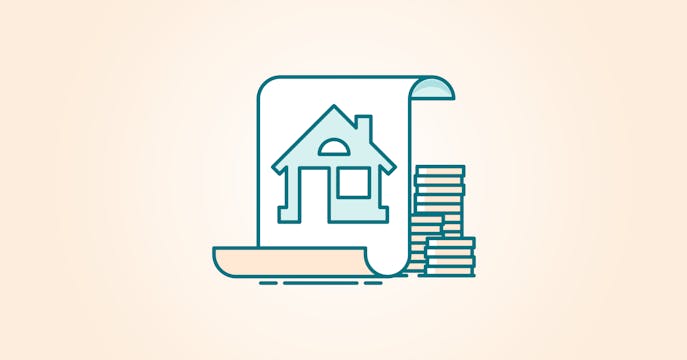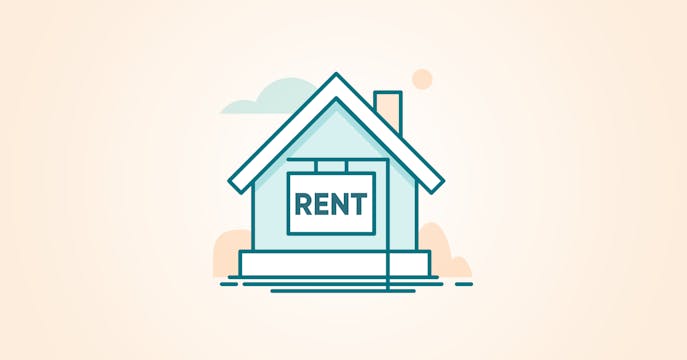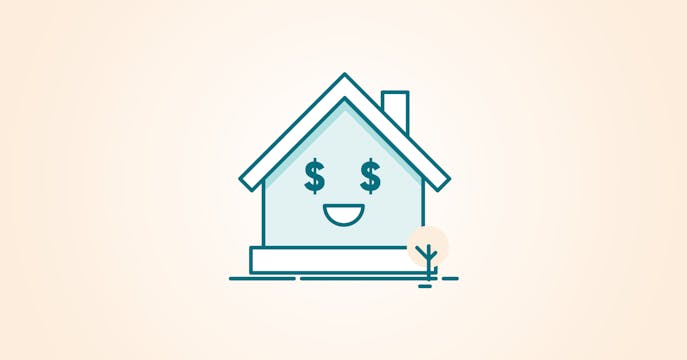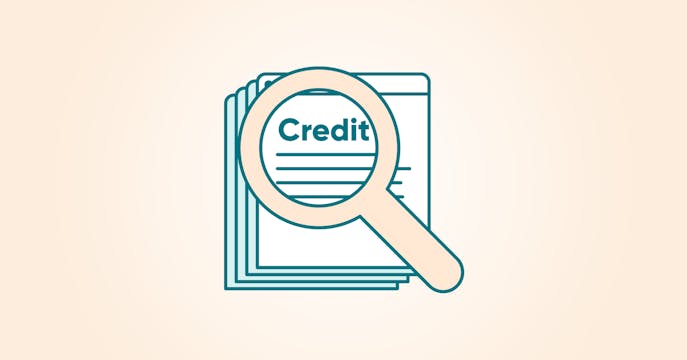Can you get a regular mortgage instead of a self-employed mortgage?
Not every self-employed situation requires qualification through these specialized mortgage products or programs, provided your income history meets a conventional lender's threshold for a 'regular' mortgage.
Example – Regular vs. self-employed mortgage
Two self-employed individuals each bring in $200,000 annually in corporate income. One pays themself $100,000 in annual personal taxable income (pays more income tax), and the other only pays themself $20,000 (pays less income tax):
- The individual who draws a $100K salary from their business may qualify more easily with a traditional (A) lender using their tax return history, and may not need a self-employed mortgage.
- The individual who draws a $20K salary from their business may be able to qualify through a self-employed product with an A or B (alternative) lender, if corporate income can be verified to fill the gap.
Additionally, the nature of the business, for example, a self-employed individual trading money for time (e.g. an IT contractor), will have a simpler time in qualifying for a mortgage vs a restaurant owner, whose business is (significantly) more complex in the eyes of a lender.
Note: A lender looks for annual filed income taxes to qualify your income.
Who offers self-employed mortgages?
- Conventional banks (such as TD and BMO)
- Non-bank lenders (such as True North's in-house, CMHC-approved THINK Financial)
- Alternative lenders
- Default insurance providers (CMHC, Canada Guaranty, Sagen) also offer self-employed qualification programs — the insurance protects the lender, lowering the risk
Are self-employed mortgage rates higher?
Not always — it depends on the case-by-case self-employment details and the lender criteria:
- Qualifying for a traditional mortgage can allow access to the same competitive rates as any other borrower (depending on your details).
- A self-employed product typically comes with higher mortgage rates due to the higher risk (for a lender) associated with non-traditional income sources.
- If your mortgage is eligible for default insurance, it protects the lender and may allow them to offer a better rate.
Self-employment can often mean a balance between declaring personal income for paying taxes and paying higher lender rates for mortgages and other loans (such as an auto loan) based on the income reported.
Do you need mortgage default insurance to get a self-employed mortgage?
No, you don't need mortgage default insurance. However, if qualifying through an insured self-employed program, default insurance is typically required for up to a 35% down payment, and you'll need to pay an insurance premium.
Does a larger down payment give you more flexibility?
Yes, a down payment of 20% of the home purchase price or more may give you more options, with more lenders. Some self-employed mortgage products require a larger down payment, from 10% up to 35%. The larger your down payment, the more flexibility you may have.
A larger down payment demonstrates to a lender that you have cash to back up your loan, and can give you more negotiating room — especially for loans with an LTV (loan-to-value) greater than 65% (35% down payment), and may help lenders to lean less on other criteria (such as credit score).
Can your down payment be gifted?
Yes, most conventional and alternative lenders allow your down payment to be a gift from an immediate family member, though providing the amount through your own sources (e.g. from a savings account, registered savings product like an RRSP, or other investments) is preferred.
From self-made to home-made.
We really know mortgages — and can simplify your self-employed mortgage journey.
We're available to help you across Canada, in your preferred language. Talk to one of our friendly True North Mortgage brokers, drop into a nearby store, or use our simple online application form below to get started.






